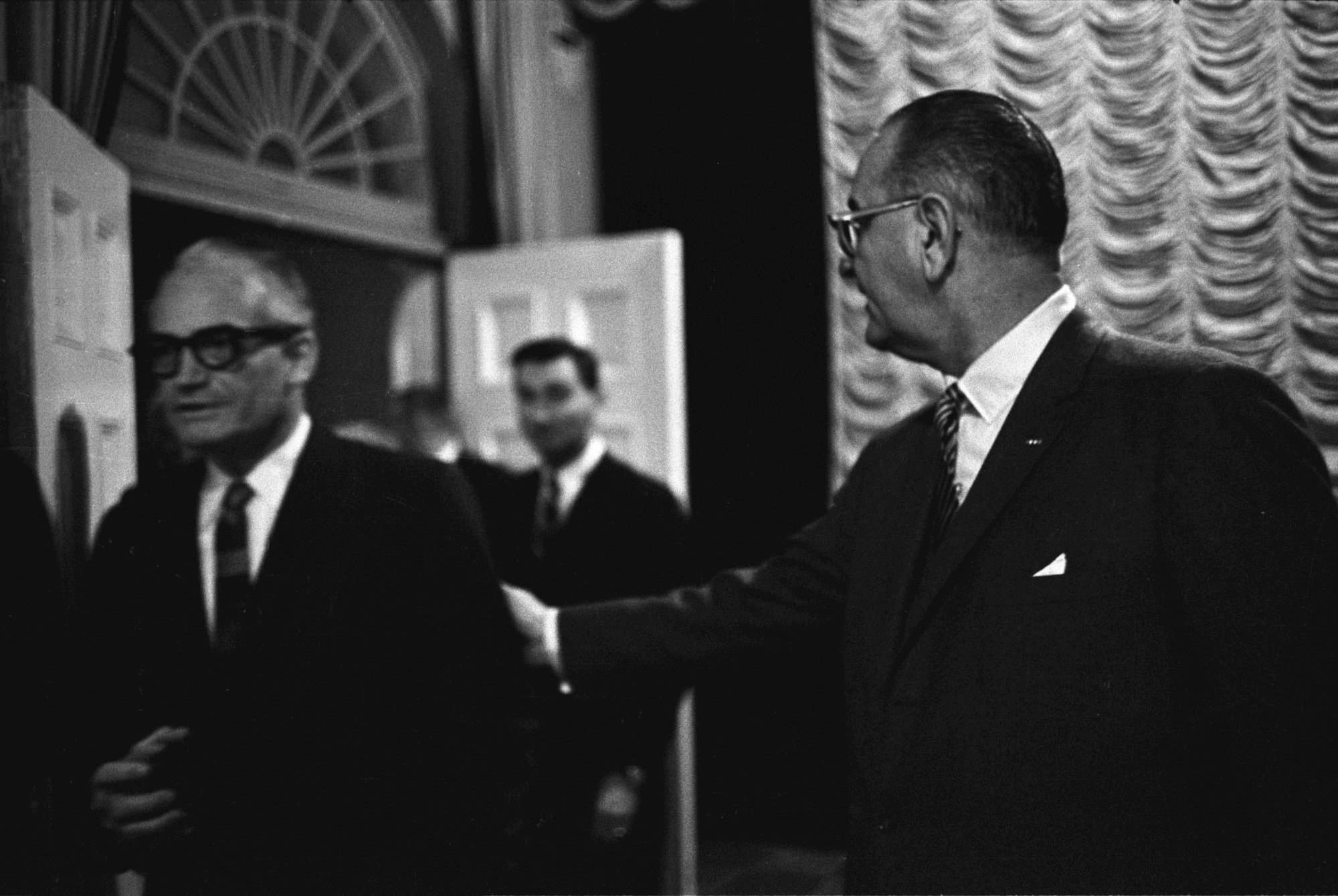During the recent boomlet of speculation about a potential Oprah Winfrey run for the presidency, rarely was the question of her electability raised. It seems we have Donald Trump to thank for that omission of narrative: His 2016 election victory changed the calculation, even the definition, of electability. And we’re only beginning to see the consequences of that shift.
Writing in Statistics and Public Policy, political scientists Julia Azari and Andrew Gelman argue that Trump’s victory reveals the falsity behind the electability premise, and the pervasiveness of party politics. “The continued strength of partisan polarization augurs close national elections and tough campaigning by both parties, as well as motivating activists on both sides to push for their favored candidates,” they write. “If nearly everyone is voting on party lines, then ‘electability’ is not such a concern.”
The concept of electability has been central to modern political strategy. Even hardcore political activists, devoted to an ideology or a particular cause, recognize that there’s limited value in backing a candidate who appears to be unelectable, and they’re willing to make some policy concessions to support an imperfect candidate who appears able to win. Research by Walter Stone and Alan Abramowitz (among others) surveying thousands of party convention delegates found that they greatly valued a candidate’s perceived electability—often more than the candidate’s ideological positions.
Take Howard Dean’s 2004 bid for the presidency: Though most Democratic activists preferred Dean’s ideological positions, they questioned his personality (specifically his hubris). Eventually they abandoned his campaign in favor of John Kerry’s. They saw Kerry, who initially backed the war in Iraq and had only recently become a critic of it, as a better foil to George W. Bush. The perception of electability cost Dean his shot at the White House.
Activists in both parties have long believed that the ideologue label can doom a presidential candidate. As with many beliefs about politics, this presumption likely rests on just a few salient cases. In 1964, Republican Barry Goldwater, thought by many to be a right-wing extremist, lost in a landslide to the incumbent (and relatively moderate) Lyndon B. Johnson. In 1972, Richard Nixon trounced Democratic challenger George McGovern, who many saw as a far-left extremist. In 1984, Ronald Reagan demolished Walter Mondale, whose “radical” proposal to raise taxes was met largely with skepticism. Those three cases—the biggest presidential landslides since World War II—have long been cited as evidence of the political risk inherent to running an ideologically extreme candidate.
But what if that interpretation is all wrong? Recent research suggests that those elections have actually been misinterpreted, and argues that those electoral wins can, in fact, be explained largely by economic conditions and other political fundamentals. Any penalty for ideological extremism, it turns out, is actually pretty small.

(Photo: Wikimedia Commons)
It’s difficult to label Trump an ideological “extremist,” given his inconsistency on most policy issues. Nonetheless, if you had described his behavior as a candidate (attacking Gold Star families, making racist insults, threatening to jail his opponent) to pretty much any political consultant prior to 2015, they would have advised that you find a new horse to run. Trump did pretty much everything you’d expect a candidate not to do. He won anyway.
Political activists saw this and have updated their beliefs about the political system accordingly. If Trump can get elected, they reasoned, who can’t (provided they get their party’s nomination)? This leads to an influx of fresh political blood: At least two dozen Democrats are already actively campaigning for 2020, and record numbers are running for Congress in 2018. An Oprah Winfrey bid doesn’t seem so crazy anymore.
This also means we’ll probably see more vicious primaries. One of the more reliable ways to clear a field for a preferred nominee is by having party leaders nudge other candidates into dropping out. Donors used to pull their support for candidates when they came to believe that those candidates didn’t have a real shot in the general election. Who will heed to that pressure now?
Generally, anyone willing to run for a major office already has a pretty strong opinion of themselves and, by extension, their chances of winning. There will be far fewer people pushing against that in the years to come. Because hey, it worked for Trump.




